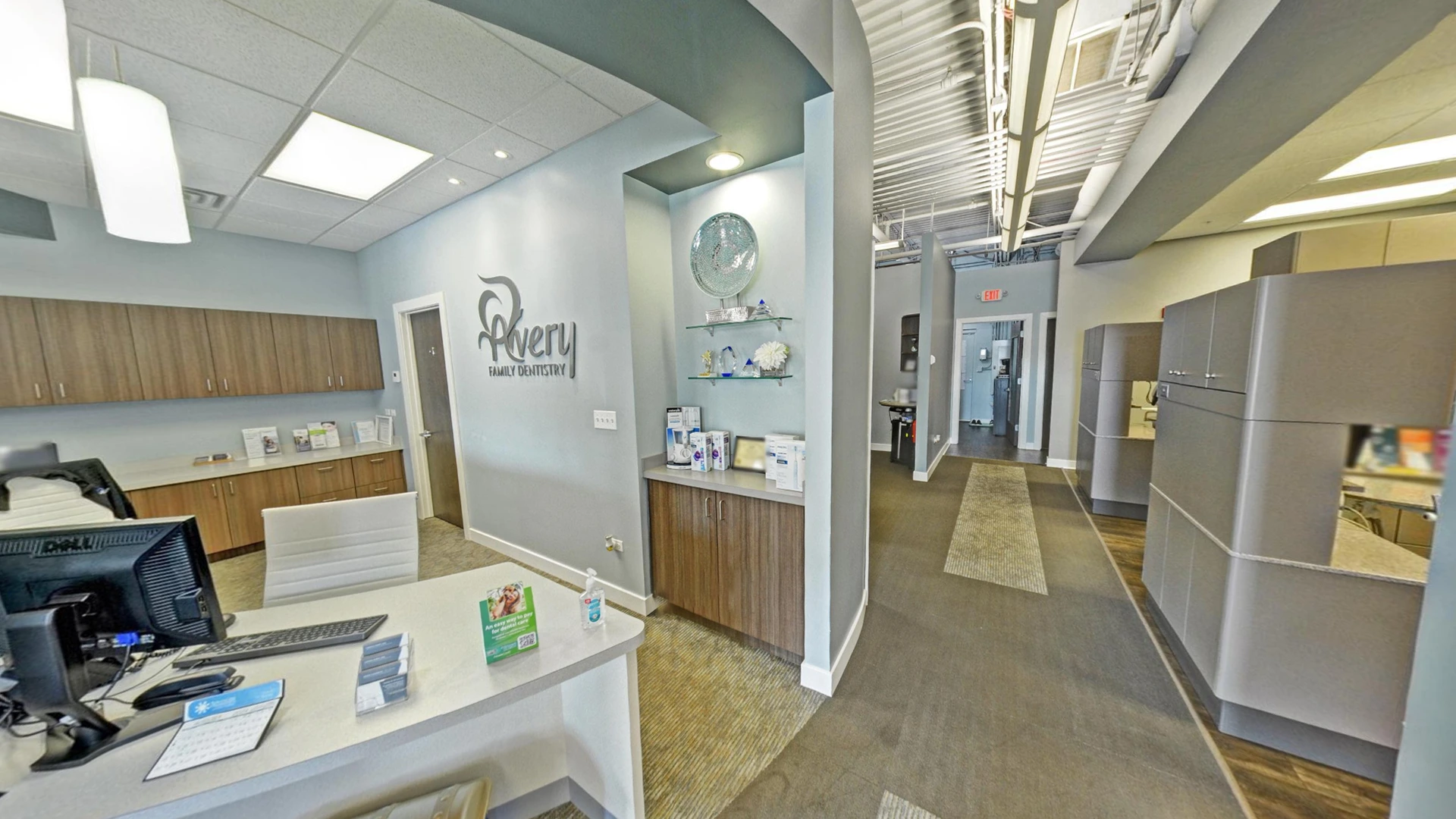¡Hablamos Español!

How Dental Cleanings Work
Cleanings should be performed every six months to prevent excessive plaque buildup. Plaque left untreated can lead to unhealthy gums and tooth decay. A routine dental cleaning should include scaling, root planing and polishing.
Scaling and root planing is the process of removing plaque and tartar from all tooth surfaces with a variety of methods, depending on the amount of plaque and tartar. Dental hygienists traditionally perform scaling by hand. However, new and advanced technology has led to more modern methods such as electric scalers. This sophisticated tool allows dental cleanings to be performed more efficiently and in less time. Both electric and manual scaling methods can be combined to achieve the best results. Polishing completes the cleaning, making the surface of the teeth smooth and minimizing future plaque build-up.
What Is a Dental Cleaning?
Why Teeth Cleaning is So Important
Even with a solid at-home routine, it's nearly impossible to keep your mouth completely free of germs and tartar. Toothbrushes, floss, and rinses are helpful—but they can't reach every area, and being too aggressive with home care can sometimes cause damage. That’s why patients in Waukegan trust Avery Family Dentistry for safe, effective, and pain-free professional cleanings that help keep their smiles healthy.
During a typical cleaning, our dental hygienist will scale your teeth to remove plaque and tartar buildup—especially in hard-to-reach areas beneath the gum line. We use modern sonic and ultrasonic scalers, which are far more comfortable than the hand tools used in the past.
After scaling, we polish along the gum line to smooth the teeth and help prevent future plaque buildup. Once the cleaning is complete, you’ll rinse with water or a dental solution to finish the process.
Before you leave, we’ll provide personalized home care tips to help you protect your teeth and gums from gum disease and infection. With regular checkups, good oral hygiene, and healthy eating habits, you can reduce your risk of gingivitis and periodontitis—and make future cleanings quicker, easier, and more comfortable.

